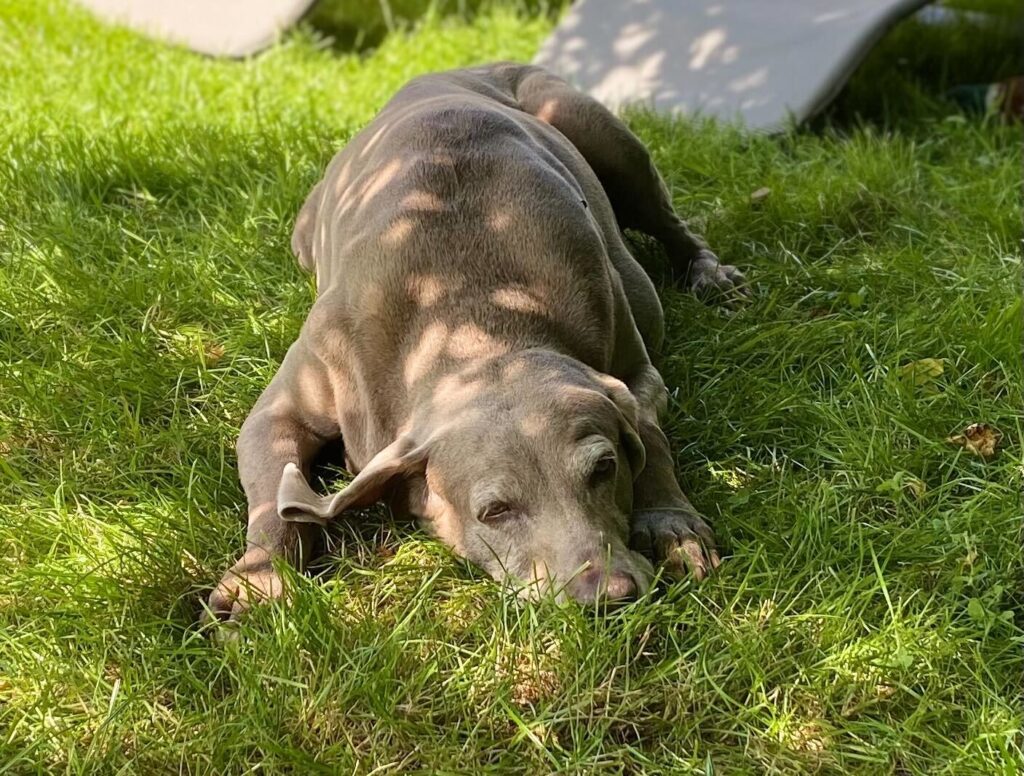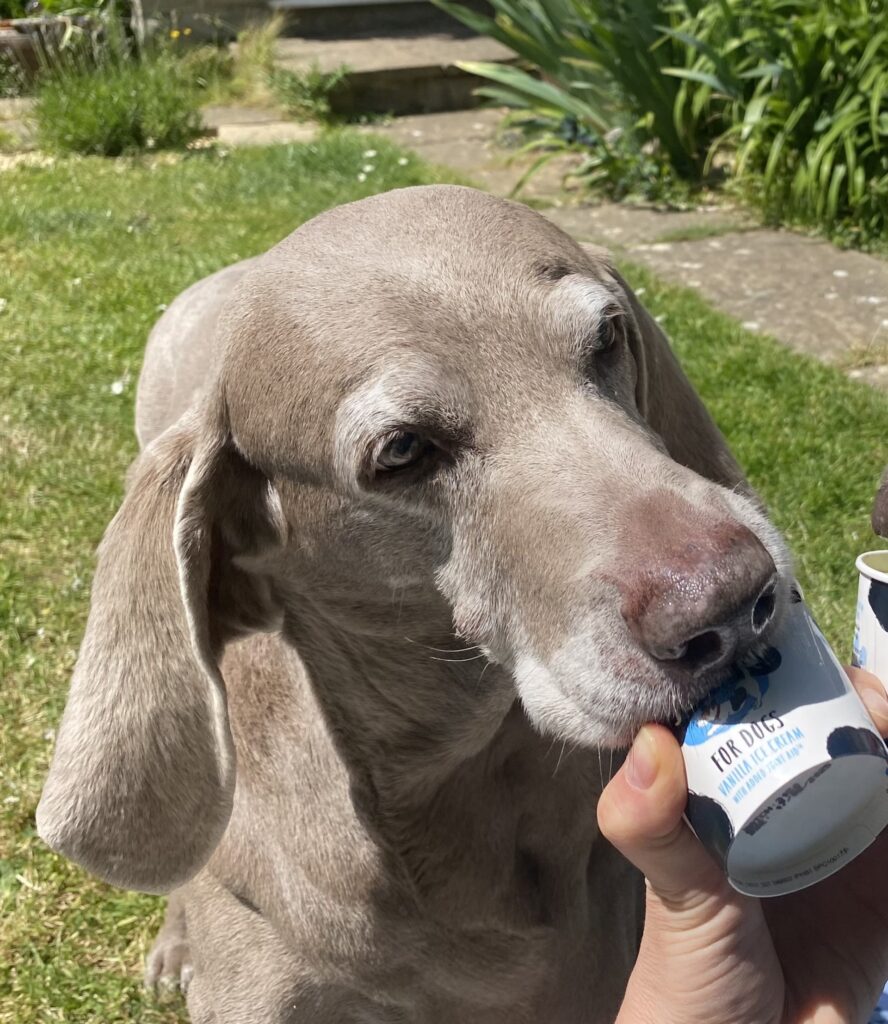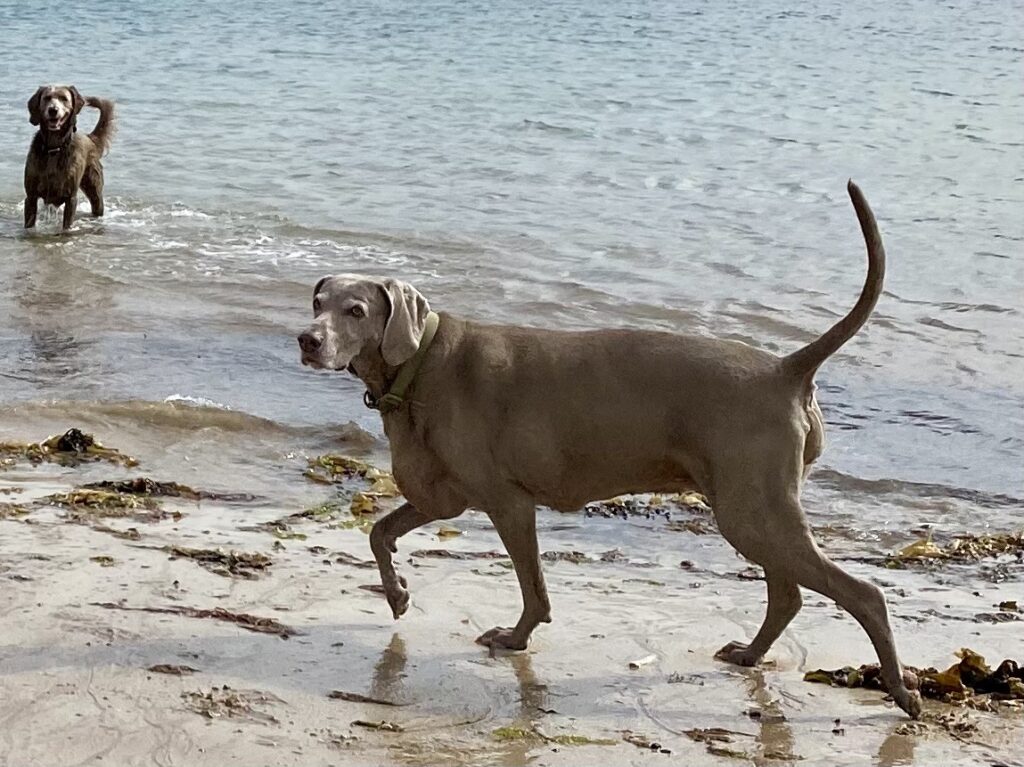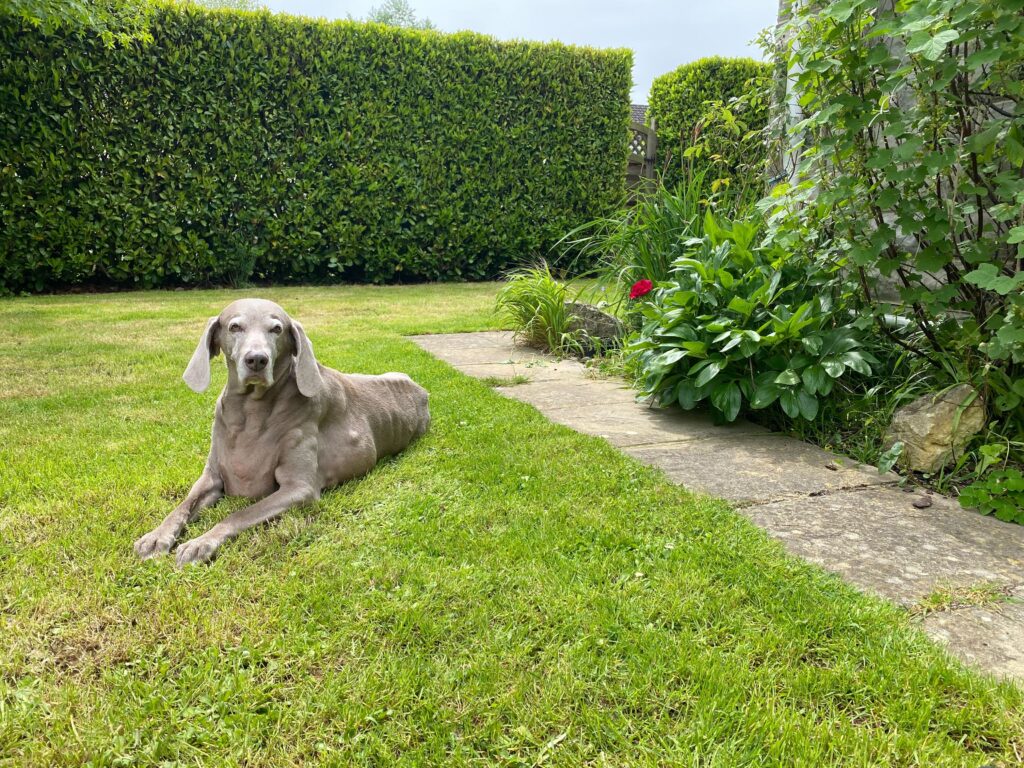Looking after an older dog
As dogs age, they go through various changes that require special attention and care. It’s crucial to me that I understand the aging process in dogs so that I can give them the best possible quality of life in their senior years. Older dogs may experience a decline in mobility, changes in appetite, and an increased risk of certain health conditions. It’s important to be aware of these changes so that as owners, we can adapt our care routines accordingly.

Environment
One key aspect of caring for older dogs is ensuring they have a comfortable and safe environment that meets their evolving needs. This may involve providing softer bedding, easy access to water, and minimizing obstacles that could cause accidents. Additionally, I would advise regular veterinary check-ups – these become even more important as dogs age and help with early detection and management of age-related health issues. By being proactive and attentive to the specific needs of older dogs, we can help our precious companions navigate the aging process with grace and comfort. With proper care and attention, Weimaraners can continue to enjoy a good quality of life well into their golden years, with an average life expectancy of around 12 – 14 years.
Diet
For older dogs, tailored nutrition is important to support their aging bodies (just as with humans!). As dogs grow older, their metabolism slows down, making it crucial to adjust their diet to prevent weight gain and maintain muscle mass. Providing a balanced diet rich in nutrients such as protein, vitamins, and minerals is essential for promoting overall health and vitality in senior dogs. I have noticed visible differences with my dogs when I’ve incorporated joint supplements (to support mobility and reduce the risk of arthritis). In addition, I choose easily digestible food to aid in proper nutrient absorption and ensure they are getting the most from their food. You might also find that your older dog might benefit from smaller, more frequent meals to prevent digestive issues and maintain energy levels throughout the day.
I also believe it’s important to balance the fun stuff too and you can make all sorts of healthy snacks to treat older dogs – as well as throw in the occasional naughty treat too!

Exercise for an older dog
It’s really important to maintain physical activity for older Weimaraners, but to ensure that you tailor it to their age and health condition. While senior dogs may not have the same energy levels as their younger counterparts, regular exercise remains crucial for promoting joint flexibility, muscle strength, and mental stimulation. Low-impact activities such as short walks, gentle play sessions, and swimming can help older dogs stay active without putting excessive strain on their bodies.
These exercises not only support cardiovascular health but also aid in weight management and overall well-being. Consulting with a veterinarian to create a suitable exercise routine can ensure that senior dogs receive the right balance of physical activity to keep them healthy and happy in their later years. For example, when my two girls hit their senior years and started to struggle with arthritis, I worked with my vet to devise simple exercises that they could do at home to help keep their muscles strong for as long as possible but without adding additional wear and tear to their bodies. By incorporating regular, tailored exercise into their daily routine you can help your dog maintain a good quality of life and improve their mobility.

Health monitoring
As dogs age, they become more susceptible to various health issues, including arthritis, dental problems, cognitive decline, and organ dysfunction. I rely on regular health check-ups for my crew to ensure that I detect any potential issues early on and can provide timely intervention – I always find it’s much better to know what you’re dealing with so you have peace of mind that you’re acting in the best interests of your dog at all times.
Additionally, keeping track of their medication schedule – for example vaccinations and dental care – is essential for me to ensure their well-being. It’s also good to be as attentive as possible to signs of pain, discomfort, or distress as your dog gets older. This isn’t always easy to do as dogs can often be good at hiding pain, but things to look out for include appetite changes, changes in posture and changes in grooming habits (amongst others).
Providing a comfortable and safe environment, along with regular grooming and hygiene practices, will all contribute to maintaining your dogs overall health and happiness and ensure that they enjoy a comfortable and fulfilling life in their senior years.

